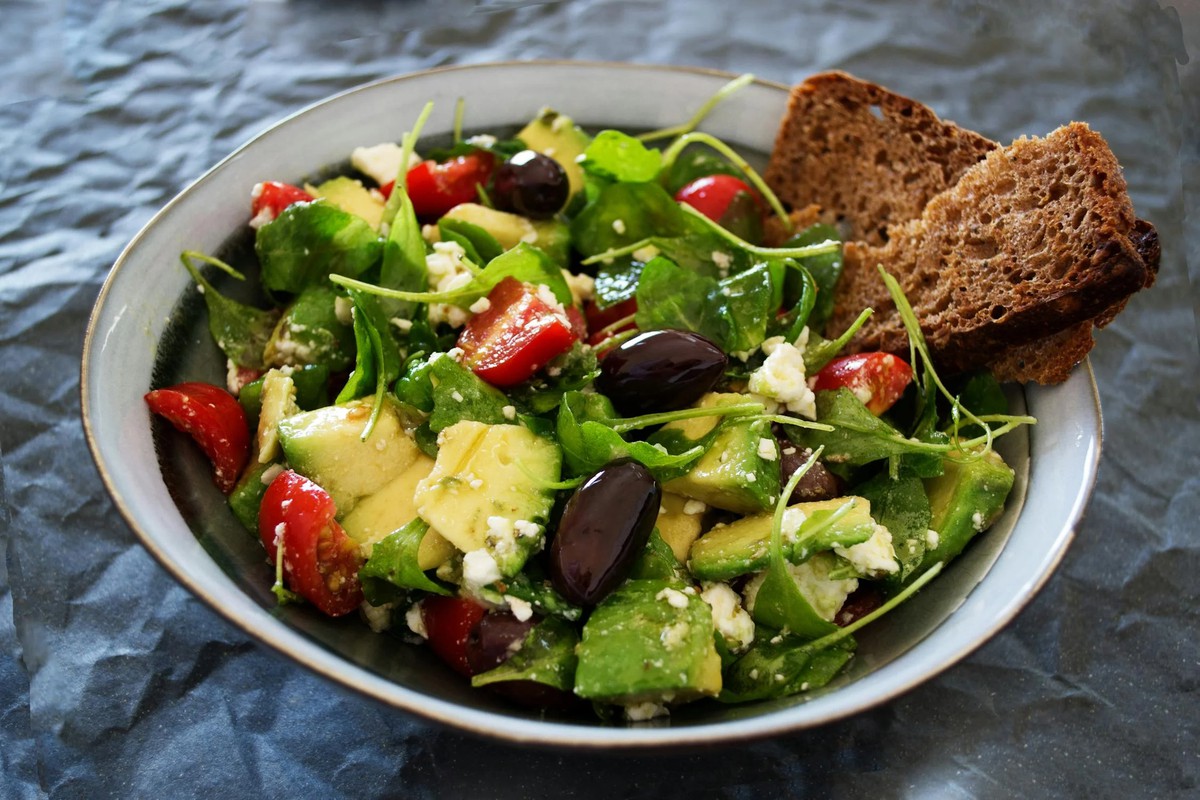Life in the Hospital Lane – Caregiver Wellness; Nutrition and Exercise Part2
Mon Aug. 26th 2024

Doing your best with nutrition and exercise during a lengthy hospital stay will ensure you have the energy and resilience needed to support your child effectively
Seek Satiety
Choose foods that provide lasting satiety. Opt for balanced meals with a good mix of proteins, healthy fats, and carbohydrates. For example, a chicken salad with avocado and quinoa is more satisfying than a bag of chips or a chocolate bar.
Mind Your Beverages
Be cautious with coffee, tea, and sugary drinks. These can quickly add up in terms of calories and sugar intake without providing substantial nutrition. It’s no surprise that too much added sugar in the diet is not beneficial for our health.
The good news is that cutting down on sugar may be easier than you think! Be aware of what you are drinking, and the amount of added sugar in your beverages. As mentioned earlier, water is a better choice if you’re watching your sugar intake or try reducing a ‘2 sugars’ tea to just one.
If you do have a sweet tooth, don't forbid sugar altogether; you're liable to become more focused on something that is forbidden! Aim to satisfy your sweet tooth with small amounts less regularly and learn to savour it.


Include Fiber
Foods high in fiber, such as whole grains, fruits, and vegetables, can help keep you full and improve digestion. Berries, broccoli, avocados and leafy greens, citrus fruits, root vegetables, carrots, and apples, to name a few. Fruits and vegetables are bursting with nutrients and vitamins for good health. The best thing is they don’t need to be added to, as they are so rich in their unique flavours and textures. Try to keep some variety in your food choices, unless you're a real creature of habit! If you don’t immediately become a fruit and vegetable lover, take heart and be patient. Do pay attention to how your body feels and functions after certain food choices. No one enjoys the inevitable sugar slump after a feast of ‘junk’ food. This will inspire you to make choices that are healthier, and better for your mind and body.
Don't Wait Until You're Starving
When you wait too long to eat, you're more likely to make poor food choices, especially with the tempting smells of takeout food permeating the hospital hallways. Try to eat at regular intervals to maintain steady blood sugar levels and energy.
Meal Preparation
If possible, prepare and bring your own meals and snacks from home. Healthy options like nuts, seeds, yogurt, and fresh fruit can help you avoid less nutritious cafeteria food. Bringing your own food also eliminates further decision making throughout the day; when your mind is already tired from caring for your unwell child, taking away decisions around food that have been made prior is a good thing.
Healthy Snacking
Stock up on healthy snacks such as pre-cut vegetables, fruit, and nuts. These are convenient and can curb hunger between meals, or when you are short on time for a seated meal.
Keep some emergency snacks in your bag or car for times when you can't access healthier options. Protein bars or small packs of nuts are very portable and nutritious.

Limit Processed Foods
Avoid highly processed foods and snacks, which are often high in unhealthy fats, sugars, and sodium. Opt for natural, whole-food alternatives whenever possible.
